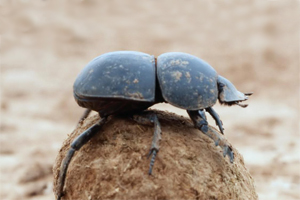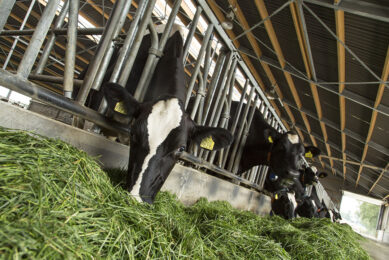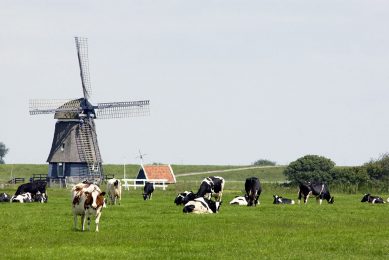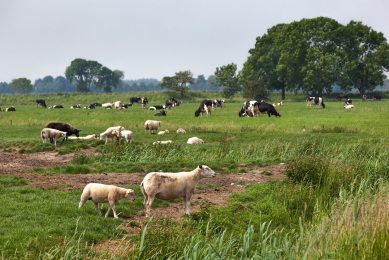Improve pastures with dung beetles

Farmers could soon be able to improve pasture quality and increase available grazing acreage by buying in dung beetles to replenish local populations.
Dung beetles have an important role in farming by breaking down cow pats and moving nutrients and organic matter into the soil.
But changes in pasture management and overuse of some livestock wormers have reduced populations.
According to dung beetle expert Sarah Beynon, the sharp decline is creating a production constraint on pasture.
“We have evidence to show that when there are no beetles to breakdown a pat, the dung may sit there for a year. It just does not decompose,” says Dr Beynon, who has established a dung beetle breeding centre in Pembrokeshire.
“The dung from five cattle can cover an acre a year. It’s not just where the pat sits that is affected, animals won’t graze around it either so farmers are losing large proportions of their grazing.”
In rotationally grazed, intensive dairy systems, the first rotation can be fully grazed, but the area available for grazing will diminish with each subsequent rotation.
“If you don’t have an active dung beetle population on your farm, less and less land can be grazed as the season progresses,” says Dr Beynon.
Beetle tunnelling increases soil aeration and this, together with the burial of dung, can promote growth of palatable grass and stimulate biological activity in the soil.
Dung beetles thrive in unimproved, permanent pasture. What they like less is improved land with short-term leys. However, with more than 40 species of dung beetle native to the UK, some will thrive in these systems too.
Dr Beynon is currently breeding native dung beetles to release on to UK farms and hopes to supply farmers next year.
She is studying their genetic diversity to ensure the right beetles are matched to locations and is urging farmers to get involved.
“We would like farmers to send us a few dung beetles from their farm so we can look at their DNA. We will send a basic identification guide, collection guidelines and a pot and pre-paid envelope to return the beetles to us.”
Dr Beynon can be contacted at info@dungbeetlesdirect.com.
Source: Farmers Weekly











